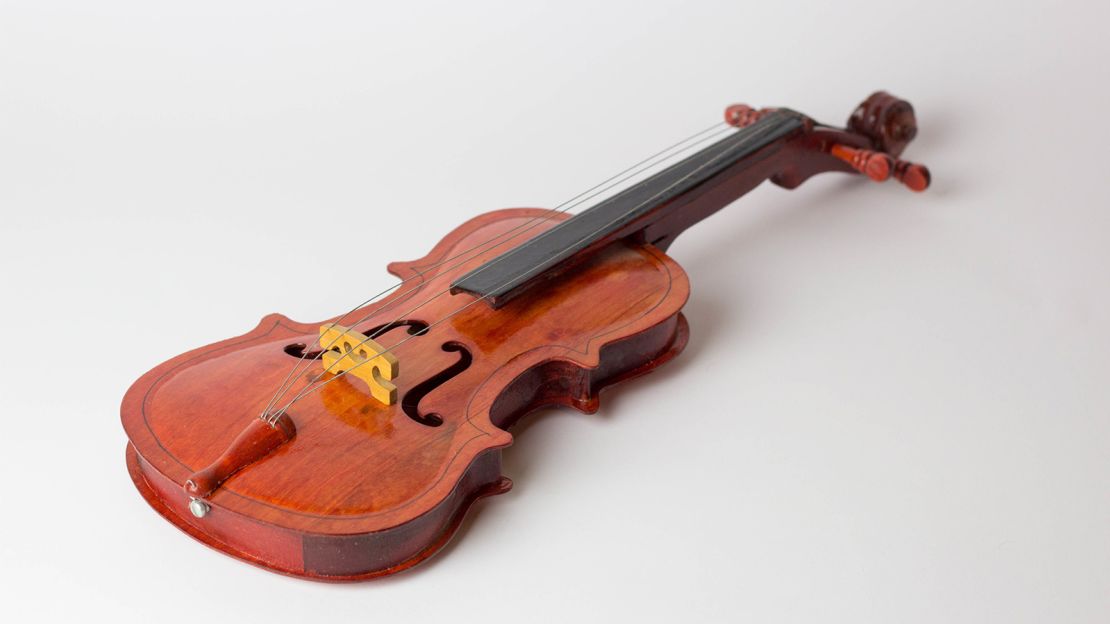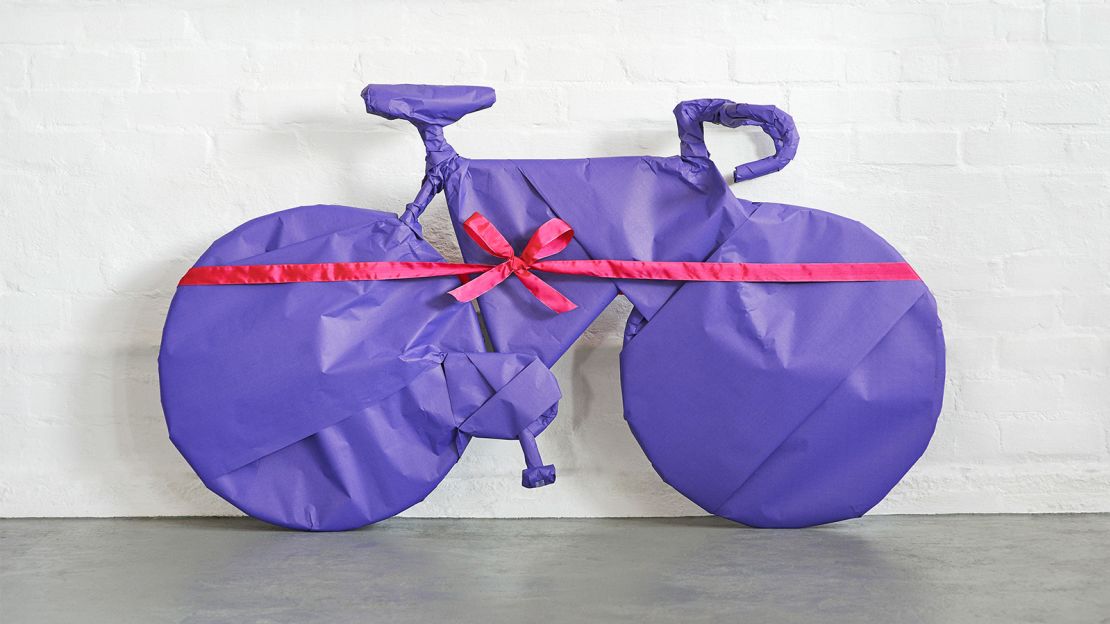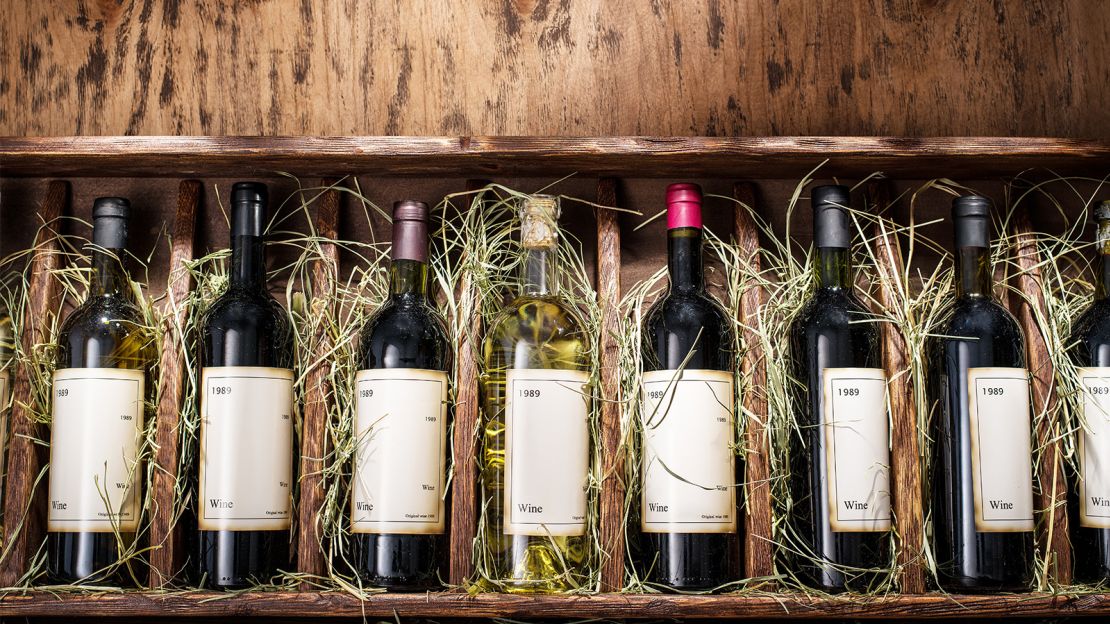“In this world nothing can be said to be certain, except death and taxes,” goes the idiom. But for travelers, nothing’s certain but death, taxes and hikes to airline baggage fees.
2018 has been the first major year since 2013 to see a rash of baggage fee hikes among airlines. In August, both JetBlue Airways and United Airlines raised checked baggage fees on domestic U.S. flights by $5, with the first checked bag costing $30 – up from $25 – for flights in North America, Central America and the Caribbean.
Air Canada and WestJet immediately followed with similar changes and, within weeks, competitors American Airlines and Delta Air Lines announced changes that paralleled these, also upping bag fees by $5.
According to U.S. Bureau of Transportation statistics, the U.S. airline industry collected $2.4 billion in the first six months of 2018, up 7% from the same period a year earlier, and is on track to total more than $5 billion for the year.
Baggage fees are big business, a business thriving at the expense of consumers who squint at the fine print while packing the night before a trip, only to find that they’ll need to be ready to pay more at the airport.
Thankfully airlines typically have a webpage featuring the details of what (and what isn’t — looking at you, sports parachutes and scuba air tanks) allowed as checked luggage, and any fees or packaging details that may be associated. Delta’s is one of the most comprehensive, even volunteering information on how to check a Christmas tree (“adequately packaged with the root ball or cut base and all branches wrapped and secured using a burlap type material,” in case you were wondering).
Here are the details on the most common categories of extra baggage when you travel:
Musical Instruments

Small musical instruments like violins and wind instruments may be carried on the plane as cabin baggage, but do protect them with a hard-shell case.
It’s the larger instruments that require special accommodations, and in most cases airlines understand the value these items have for a guest, as well as their fragility.
Thus, guitars and cellos may be able to travel in the cabin with you, as airlines often offer the option to purchase an extra seat for these with more than 72 hours advance notice, and provided your itinerary includes aircraft capable of safely fitting the instruments.
Many major international airlines, like British Airways, even allow travelers who have purchased seats for their instruments to board the aircraft early and secure the instrument in place.
Sporting Equipment
The most common sporting items checked as baggage include golf clubs, surfboards, bicycles, skis and snowboard gear, but don’t be too shocked if you spot another traveler waltzing up to check-in desks with bags of all shapes and sizes.
Airlines will accept appropriately packaged and protected items as wide-ranging as spearguns, javelins, snowshoes, scuba gear, and, in some cases, even entire kayaks. And if your bocce balls, collapsible hiking poles, and sturdy footwear for a vacation hiking through Italy’s Cinque Terre region all fit in a bag within the airline’s standard weight and size allowances for checked bags, there’ll be no charge to check it.
When it comes to figuring out fees, surfers have it easiest thanks to the work of the Wave Tribe surf gear company, which compiles an annual listing of surfboard boardbag fees.
On it, airlines like Qantas, Singapore Airlines and KLM rank as “surfer friendly bros” for charging below $100, while others, including Emirates and Thai Airways, are derided as “Daddy Warbucks” airlines for charging over $200 per boardbag.
The worst offender, according to Wave Tribe, is Qatar Airways, with blindingly steep sports equipment fees that begin at $350 and rise to $1,750 per piece, depending not on weight but arbitrarily on itinerary.
There’s good news for golfers and skiers, however; golf clubs and ski/snowboard gear are welcomed complimentary on both U.S. domestic and international flights with major carriers, provided the cases aren’t well outside the airline’s published baggage size allowances.
As a standard, that means ski, snowboard, or golf gear bags shouldn’t be larger than 75 x 29.5 x 25.5 inches or weigh more than 50 lbs (or you’ll face excess weight fees).
Bicycles, although common, aren’t without their challenges and fees. Airlines require bicycles to have their pedals and other projecting pieces removed or folded, and the handlebars turned parallel with the frame before packing it into a cardboard bike box or hard-shell bike case.
Fees per bike for domestic U.S. flights range from $75 on Southwest Airlines, to $150 on United, American, and Delta. On international flights, bike cases are often allowed as part of the complimentary checked baggage allowance with advance notice, as on British Airways.
Leslie Byxbee, public relations and social manager for Virgin Atlantic, tells CNN Travel that the airline has seen a bit of everything checked as luggage on the airline’s long-haul flights from London to the Caribbean, but sports equipment like scuba and cricket gear is by far the most popular.

Byxbee notes that the “most surprising piece of luggage,” a horse saddle box, was checked at Antigua. “It looks like a small fiber-board drum, and is the trunk that the saddle and grooming supplies for a horse or two horses would be transported in. No, we do not accept horses as checked baggage!”
On the other side of the world, Air Tahiti is eager to fly scuba divers (and their gear) to the many islands of the archipelago. Divers should of course follow scuba decompression practice of waiting until 24 hours after a dive to fly, but when that time has passed, remember to show a scuba certification card at Air Tahiti check-in to take advantage of the airline’s extra 11-lb bonus for divers. This is in addition to the already generous complimentary checked baggage allowance of 50 lbs per person.
Another airline that loves to delight travelers through waiving bag fees is JetBlue, which has promoted seasonal routes by lifting charges for sports items like surfboards and bicycles.

Morgan Johnston, JetBlue’s manager of corporate communications, shares with CNN Travel that the airline is preparing for the December launch of flights to Colorado ski destination Steamboat Springs, but that travelers packing up to hit the powder won’t need to worry about extra fees: “The most popular [checked sports items] would likely to be snow skis or golf clubs, but both are accepted as standard baggage without additional service charge.”
Perhaps the most liberal when it comes to sports equipment is Seattle-based Alaska Airlines, since the carrier’s focus on Pacific Northwest travel also means catering to guests seeking to enjoy the region’s outdoor pursuits.
They are the only U.S. airline allowing kayaks as checked baggage, with the exception of on their smaller SkyWest- or Horizon Air-operated flights. Other airlines restrict kayaks to only the folding sort, which aren’t the best choice for a kayaking tour of Washington’s San Juan Islands or an Alaskan kayak-fishing expedition.
Everything else

For some airlines, the realm of baggage fees is an avenue for creative promotions, and oenophiles with travel booked on Alaska Airlines will be happy to learn that the carrier recently expanded their popular “Wine Flies Free” program, which allows passengers to check for free a case of wine (up to 12 bottles) from vineyards in the states of Oregon, Idaho, Washington, and now, California.
“The bottom line is that we fly to the country’s best wine regions, and are eager to share these great varietals with our guests by making it easy to bring a case back home,” Bobbie Egan, Alaska Airlines director of external communications, tells CNN Travel.
For airlines not as wine-friendly as Alaska Airlines, and for everything else, call your airline more than 72 hours ahead of your flight or, even better, before you book the ticket, with concerns or special baggage requests.
After all, arriving to the airport is not the time you want to find out you’ll have to leave your kayak on the curb.







